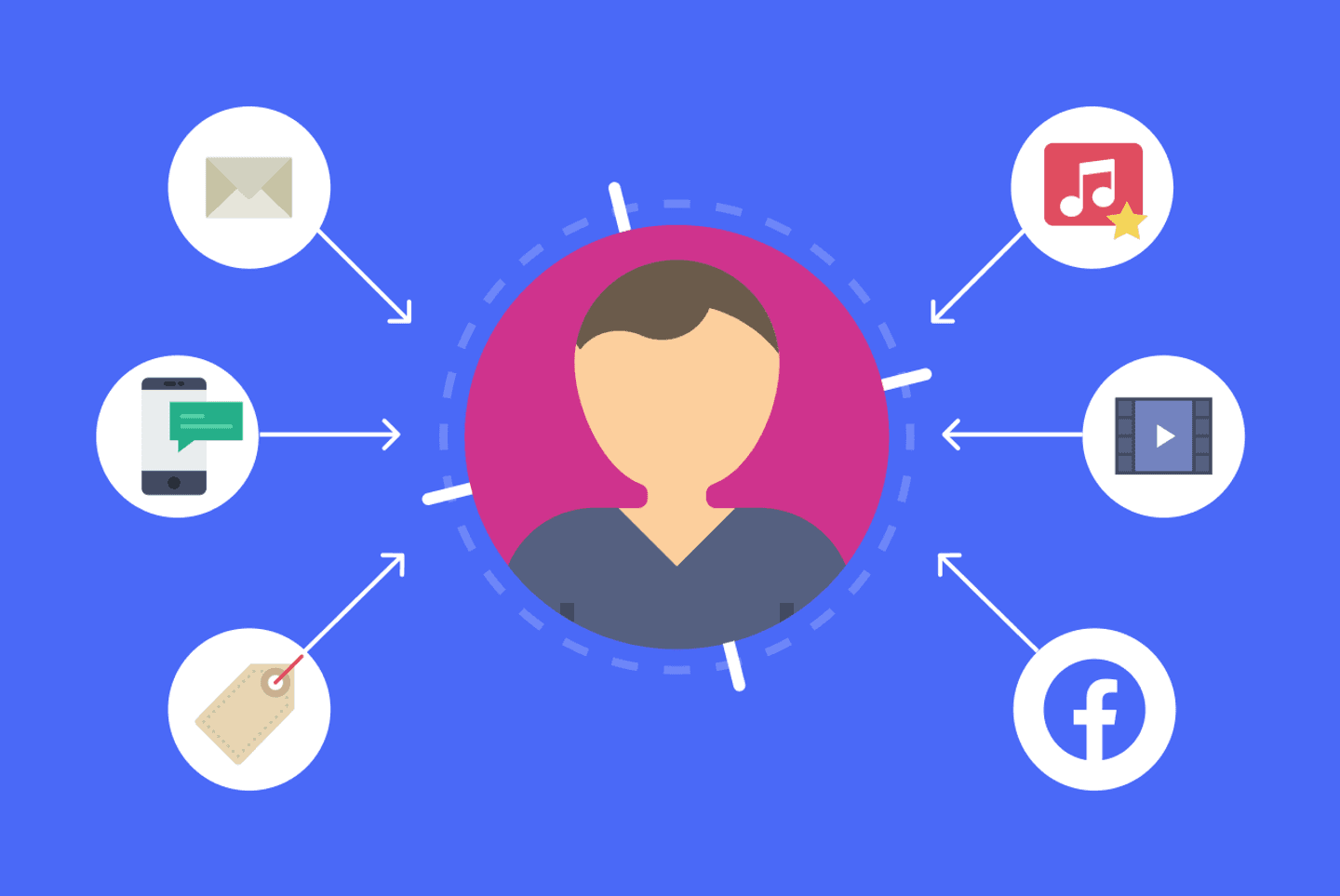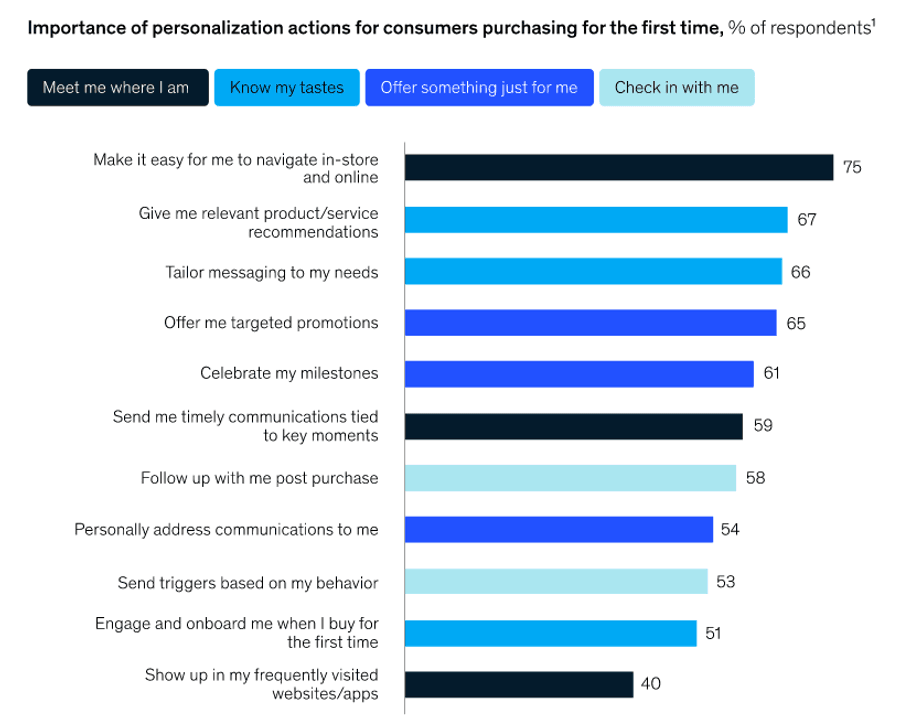Time to get more personal
Written by Claire Scaramanga
These days, 71% of consumers expect companies to deliver some form of personalised interaction and if this doesn’t happen, 76% are left feeling frustrated, according to research by McKinsey.
This article has been assigned the following categories: Inclusivity and diversity, Tips,

In today's highly competitive landscape, companies can gain advantage from applying personalisation to their marketing if they want their customers to purchase their product or services and stick around for the long haul.
What is personalised marketing?
Personalised marketing refers to a strategy used to create tailored content based on visitor data. This could include visitors’ buying habits, needs, likes, dislikes and personal information. This data is then used to deliver content that is personal to that particular audience.
Essentially, it’s all about delivering the right message to the right audience.
This approach to content marketing is more likely to increase sales, improve customer relationships and customer loyalty.
And this has never been truer since the pandemic as we saw a change in digital behaviours. Three-quarters of consumers switched to a new store, product, or buying method during this period.
The value of personalisation
Customers don’t just want personalisation, they demand it.
According to McKinsey & Company, these are the actions that are most important to consumers purchasing for the first time:
“When asked to define personalization, consumers associate it with positive experiences of being made to feel special. They respond positively when brands demonstrate their investment in the relationship, not just the transaction. Thoughtful touchpoints such as checking in post-purchase, sending a how-to video or asking consumers to write a review generate positive brand perceptions.”

Five reasons why personalisation adds value
Enhanced customer engagement
When consumers see content that resonates with them, they are more likely to pay attention and take action. It also shows that you understand their needs and preferences.
Improved customer loyalty
It fosters a sense of loyalty among customers. When they feel valued and understood by a brand, they are more likely to become repeat buyers and brand advocates.
Higher conversion rates
Customised marketing messages and offers are more likely to lead to conversions. By delivering the right message at the right time, personalization increases the likelihood that customers will make a purchase or take the desired action.
Reduced unsubscribes
When customers receive relevant content and offers, they are less likely to unsubscribe from mailing lists or stop engaging with your brand.
Valuable data insights
By gathering data on customer behaviour and preferences, you can gain valuable insights into what drives consumer decisions, allowing you to refine your marketing strategies further.
So how do you personalise your marketing?
Start with data
Collecting as much information as possible on customer demographics, purchase history, website behaviour, and engagement metrics is the key to developing detailed buyer personas, a topic we explored in a previous article.
Note: Always prioritise data privacy and get consent for data usage, in accordance with data protection legislation.
Segmentation
Segment your customer base based on common characteristics or behaviours, allowing you to create more targeted marketing campaigns that resonate with specific groups of customers.
Customised messaging
Tailor your content and marketing messages to each segment by creating personalised product recommendations, email subject lines, or website content. Use dynamic content tools to automate this process at scale.
Automation
Leverage marketing automation platforms to deliver personalised messages at the right time and through the most appropriate channels. Automation helps streamline the personalization process and ensures consistency across touchpoints.
Key takeaway
Personalisation is all about making meaningful connections with consumers – a one-size-fits-all strategy isn’t good enough. Using this strategy is fundamental to driving sales, boosting engagement and overall business success.


